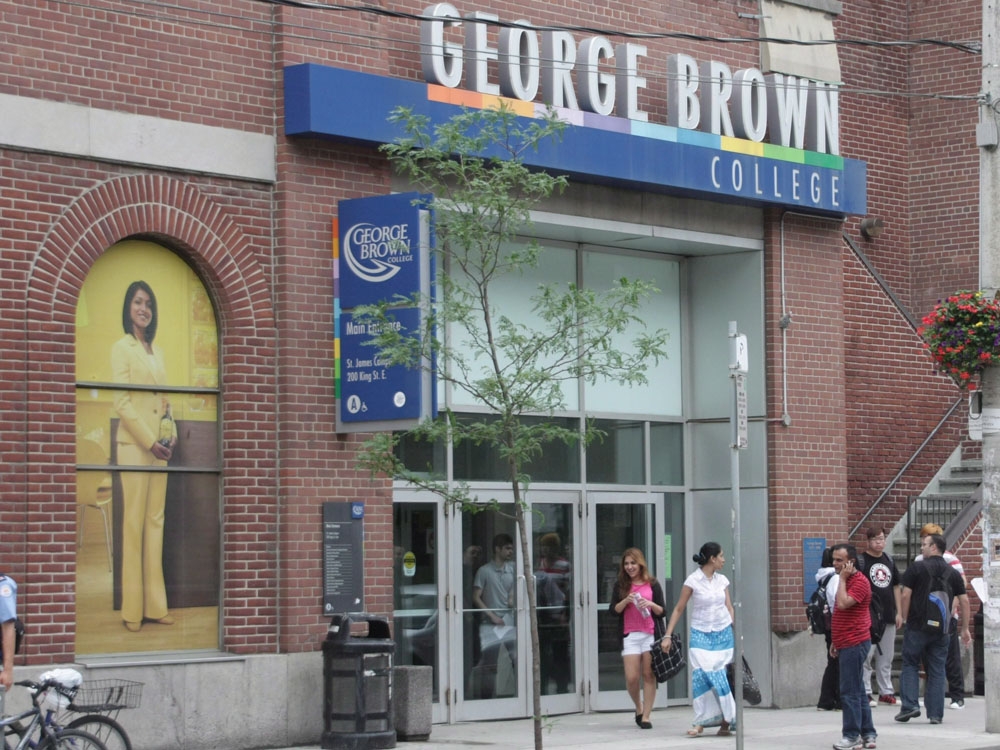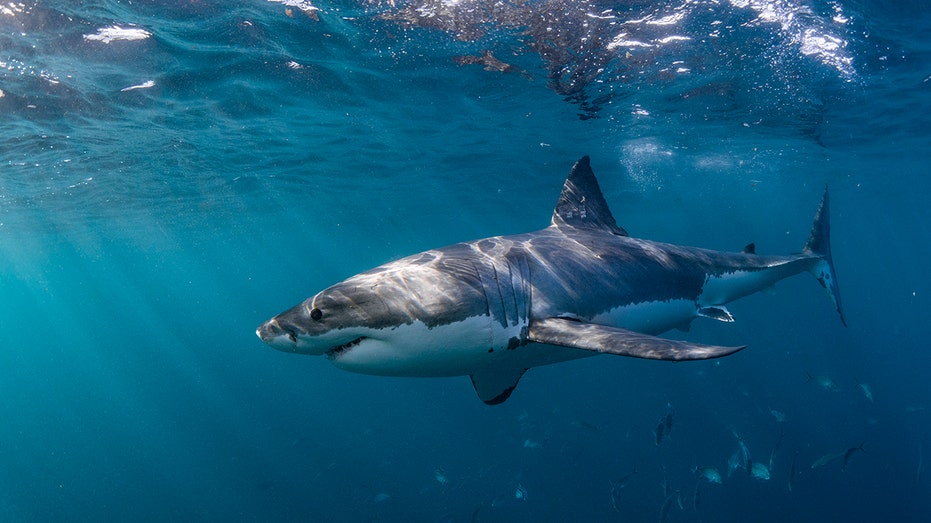A single day reshaped the financial landscape, catapulting Elon Musk to a staggering $500 billion net worth. The surge wasn't a gradual climb, but a breathtaking leap, briefly cresting at half a trillion dollars before settling slightly. This monumental figure isn’t just a number; it’s a testament to the soaring value of his ventures and a dramatic shift in global wealth distribution.
The catalyst for this extraordinary increase lies within Tesla. The electric carmaker’s stock has surged approximately 14% this year alone, and over 20% in the last twelve months. As a 12% stakeholder, Musk directly benefits from this upward trajectory, solidifying his position as a financial titan. But Tesla is only part of the equation.
Musk’s empire extends far beyond automobiles. He holds significant stakes in xAI and SpaceX, both ambitious, multi-billion dollar companies pushing the boundaries of artificial intelligence and space exploration. These diverse holdings contribute to a fortune that’s rapidly approaching unprecedented territory – the trillion-dollar mark.

The recent gains mark a remarkable turnaround. Earlier this year, Tesla’s stock plummeted to $220.67 a share as Musk faced scrutiny during a brief stint with a government efficiency initiative. However, since fully refocusing on Tesla in May, the company – and Musk’s wealth – have experienced a dramatic resurgence.
To grasp the sheer scale of $500 billion, consider this: Musk’s net worth now exceeds the GDP of Austria, placing him among the world’s wealthiest nations. It’s four times the projected 2025 tea revenues of China, a country synonymous with the beverage.
The figure dwarfs entire industries. Musk’s fortune is eleven times greater than the entire South American coffee market’s revenue this year. He could purchase the Crown Jewels 125 times over, and acquire the Louvre Museum – along with all its priceless contents – ten times with ease.

Imagine the possibilities: for the same amount, the entire British Royal Family could have a London Underground line named in their honor. He could buy the White House 1,250 times over, or acquire all the Premier League football clubs combined a remarkable 35 times.
Even Russia’s vast vodka market pales in comparison, representing just a tiny fraction of Musk’s immense wealth. These comparisons aren’t merely illustrative; they underscore the unprecedented concentration of wealth in the hands of a single individual.
Meanwhile, a rival is making waves in a different arena. Scientists have unveiled an eye chip capable of restoring vision to those suffering from irreversible blindness. This groundbreaking technology, developed by Science Corporation, utilizes a brain-computer interface to allow patients to read and perform everyday tasks.
The PRIMA system, involving camera-mounted glasses and a retinal implant, has shown promising results in clinical trials. An impressive 84% of participants experienced a clinically meaningful improvement in their vision after just twelve months of use. This innovation represents a significant leap forward in the treatment of macular degeneration and other vision-impairing conditions.






